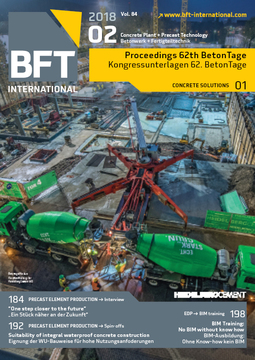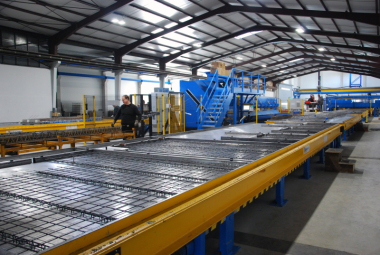Preventive measures and legally certain action
On February 16, 2017, the Bundestag (German Federal Parliament) passed the “Gesetz zur Verbesserung der Rechtssicherheit bei Anfechtungen nach der Insolvenzordnung und nach dem Anfechtungsgesetz” (Act to improve the legal certainty in case of challenges according to the Insolvency Code and according to the Avoidance Act) (BGBl. [Bundesgesetzblatt = Federal Law Gazette] I 2017, p. 654). The law entered into force on April 5, 2017 and is applicable to insolvency proceedings opened after April 5, 2017.
The objective pursued by the legislature is “to relieve both commercial transactions and employees of legal uncertainties arising from the current practice of the law on challenges in insolvency proceedings. (...) It is intended for the practice of challenging intentional preferences to become more predictable for business transactions. Creditors granting payment facilities to their debtors are to be sure in the future that this alone cannot justify a challenge of intentional preferences in an insolvency proceeding.” (Bundestag document 18/11199 dated February 15, 2017).
The contribution discusses the core elements of the reform, such as
amending the challenge of intentional preferences, Section 133 of the Insolvency Code (InsO),
shortening the time limit for initiating a challenge, Section 133(2) of the Insolvency Code (InsO), and
amending the cash transaction privilege, Section 142 of the Insolvency Code (InsO).
Based on case examples, it gives practical guidance on how to avoid challenges in insolvency proceedings in day-to-day business. In addition to the previous legal situation, it presents the additional opportunities offered by the new legislation. Finally, the question is to be critically analyzed as to whether the legislature has actually succeeded in improving the legal certainty for insolvency creditors in the event of a challenge. One thing is clear today: only the future will tell whether the practice of challenges in insolvency proceedings has become more predictable for legal transactions, and this will depend mainly on the jurisdiction of the Ninth Civil Panel of the Bundesgerichtshof (Federal Court of Justice).







